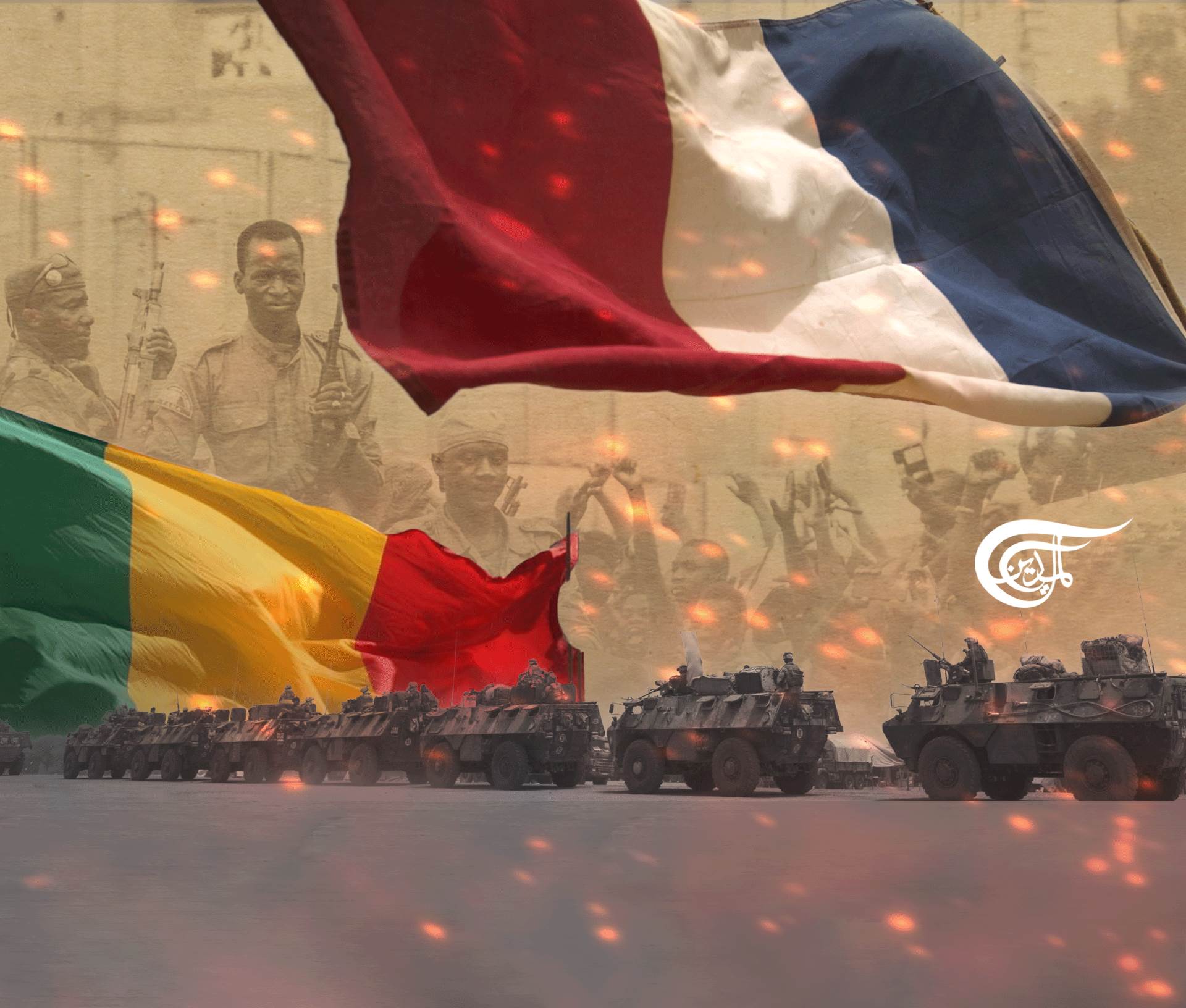Mali's civil society rises up against sanctions
Since the US and its European NATO allies destroyed Libya in 2011, the entire region has been destabilized by terrorism.
-

Mali's civil society rises up against sanctions
Government corruption should be considered a crime against humanity in a country like Mali, one of the poorest zones in the world. Its 20 million population lives mostly from agricultural and informal activities, based on Western economic standards, although there is nothing "informal" about making a living. The birth mortality rate is one of the highest in the world, according to the World Health Organization, while in France it is 2.65 (per thousand births), in Lebanon, 4.15, and in the United States, 3.70; in Mali, it is 32.13! Higher than the two bloodiest wars in the world today, in Yemen, where the neonatal mortality rate is 26.65, and the Democratic Republic of Congo, 27.41. With a Muslim majority and great cultural and linguistic diversity, the country also has a high rate of illiteracy, especially among women.
Since 2012, all this has been exacerbated by the scourge of terrorism. Since the US and its European NATO allies destroyed Libya in 2011, the entire region has been destabilized by the terrorism that Gaddafi's government had always kept out and controlled. Not only that, Muammar Gaddafi knew how to maintain a balance of interests, respect, order, and peace among the different peoples of the desert whom he knew perfectly well, such as the Tuareg, who started the destabilization of Mali in the northern part of the country in 2012.
Mali is part of Francafrique, the group of former French colonies in Africa that are still under French domination in all senses: political, economic, commercial, and monetary, but also cultural and above all military. The country is Africa's third-largest gold producer and a major producer of cotton, almost all of which is exported to Bangladesh, where much of the clothing of the big international fashion corporations is manufactured.
Malians are said to have joyfully welcomed every coup d'état (1968, 1991, 2012, 2020, and 2021). No surprise, their deeply corrupt political class, which serves no other function than to defend the interests of France and other Western powers, has never done anything good for the people, and every opportunity to get rid of them and bring change, wherever it comes from, has been welcomed.
On January 16, former President Ibrahim Boubacar Keïta died after leading one of the country's most scandalously corrupt governments. He died peacefully at his home in Bamako, with impunity. Mass protests over his illicit enrichment and that of his cabinet began in June 2020 and ended with a coup d'état led by Colonel Assimi Goïta in August of the same year.
Nine months later, in May 2021, the military junta led by Goïta staged another self-coup to replace the civilian partners with whom he had formed a transitional government in August 2020.
The new transitional government was to organize elections for February 2022, but on December 30, following a meeting with the President of the Economic Community of West African States (ECOWAS), the Malian Foreign Minister announced that the elections were likely to be delayed until December 2025. This announcement sparked fierce criticism from the Malian opposition and countries in the region, among others. France and the European Union (EU), which had already imposed sanctions over the 2020 coup, have extended their sanctions.
With the full backing of France, the EU, and the US, the regional body ECOWAS has also extended its sanctions on Mali, deeming the timetable proposed by the transitional government "totally unacceptable". These sanctions include the recall for consultations of the ambassadors of its 15 member states in Bamako; the closure of land and air borders between ECOWAS countries and Mali; suspension of all commercial and financial transactions between ECOWAS member states and Mali, (with the exception of food, pharmaceuticals and medical supplies and equipment, including COVID-19 control materials, petroleum products, and electricity); freezing the assets of the Malian state and state and parastatal companies in central and commercial banks; and suspending all financial assistance and transactions with all international financial institutions.
These sanctions are a cruel punishment directed primarily against the very Malian people whose interests they claim to defend and they will add further hardship to the country's already impoverished civil society. The military junta led by Colonel Assimi Goïta had lost credibility among the Malian people because of its delay in showing any results that would give them hope, but with this international crackdown, it has gained enormous popular support, more than it ever had before. His decisions are now backed by the people and the diaspora who have been taken to the streets in the country and in many other African and international cities to protest the sanctions and to support Goïta's government.
One of the government's most controversial decisions was last year to approach a Russian private security company, Wagner Group, to hire its services in the fight against jihadist terrorism. France and Europe, which have had thousands of troops in Mali for ten years, have denounced the presence of Russian “mercenaries” hired by the Malian government. They claim that they are going to destroy all their "achievements" in the fight against terrorism in the region, but the truth is that these achievements are nothing more than a constant escalation of insecurity and violence.
On January 19, the interim government of Mali banned a German military plane from flying over its airspace, which had to be diverted to the Spanish Canary Islands. The plane was carrying German troops to Niamey, Niger. The incident has prompted the German Foreign Minister to criticize Mali for its hostility, denouncing the presence of Russian “mercenaries” in the Sahelian country and launching all kinds of threats against the Malian government, which has only responded with the same coin to one of the sanctioning countries, which, let us remember, has pushed for the closure of Mali's air and land borders with all of its neighboring countries. The insolence of the leaders of old Europe knows no bounds.
If anything good has come out of all this, it is the anti-imperialist awareness, not only of the Malian people but of all the other African peoples who this weekend have displayed messages of support for a sovereign Mali, free from the extortionist and predatory hands of the Western powers.
On the other hand, Russia and China, whose policy of non-interference is becoming increasingly popular with the African peoples and their governments, are now in a position to support Mali, especially in terms of security, so that its people do not suffer more misery than they already do because of the sanctions.

 Rosa Moro
Rosa Moro
 7 Min Read
7 Min Read











